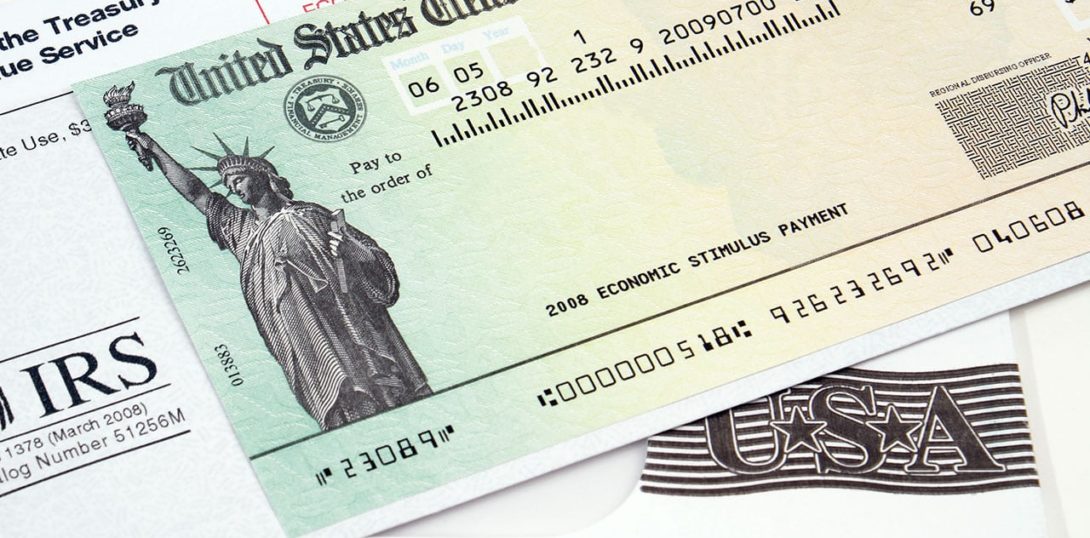Ideas for Your Tax Refund
Tax filing season is never fun, but for many Americans, the silver lining is the refund they’ll receive when it’s over. If you’re one of the individuals who received, or expect to receive, money back from Uncle Sam this year, here are a few ideas for putting those funds to good use.

Pad your emergency reserve | A general rule of thumb is to keep at least 3-6 months’ worth of expenses in liquid assets to protect against unforeseen circumstances (i.e., job loss, short-term disability, unexpected car or home expense, etc.). This fund may consist of checking/savings accounts, money market funds, or short-term CDs.

Pay down debts | Whether it’s a vehicle loan or credit card, the interest rates on these accounts essentially act as a negative return on investment. That’s why it’s important to pay off high-interest debt as soon as feasible, assuming there aren’t any pre-payment penalties.

Fund an IRA | Depending on your Modified Adjusted Gross Income (MAGI), you may be eligible to make a contribution to a Roth IRA or a deductible contribution to a Traditional IRA. You can contribute up to $6,000 this year, with a $1,000 “catch-up” contribution available to those aged 50 and older, assuming you have earned income.*

Contribute to a 529 plan| If you expect your children (or grandchildren) will go to college, these accounts can be the perfect savings vehicle. Section 529 plans let you contribute on a potentially state tax-deductible basis (depending on where you reside) and distributions are tax-free if used for qualified higher education expenses. Note, the owner of the account can impact financial aid so be sure to consult a professional.**

Donate to charity| For those who itemize deductions (or plan to) and are charitably-inclined, donating cash or property to a qualified organization can have a sizeable impact on next year’s tax bill. In general, contributions to charity can be deducted by up to 60% of AGI, but a 30% limitation may apply to certain organizations. Consider a “donate-and-replace” strategy: donate highly appreciated stock and re-purchase with your tax refund.

Start a vacation fund| By utilizing a separate account for these expenses and contributing a small amount periodically, you can avoid having to tap your investments to finance your next trip. You’re also less likely to spend this money on anything else since it will be “out of sight, out of mind.”

Make improvements to your house| Similar to the vacation fund, you could build a dedicated account for future remodeling expenses. These upgrades can be especially helpful if you plan to put your house on the market soon. You’ll also benefit from a tax standpoint as these types of improvements will increase your cost basis in your property (which means less taxable gain!)

Invest in a taxable account| If you still have refund money left over after allocating it to other items, consider investing it. This is a great opportunity to put your money to work for you, especially in a non-qualified account that is eligible for preferential capital gains treatment.
You should attempt to keep your refund as low as possible each year, otherwise you’re essentially giving the government a tax-free loan. To reduce the chances of that happening, make sure your current withholding is as up-to-date and accurate as possible. To adjust this, all you need to do is file a revised W-4 with your employer. You can use online tools to help calculate the correct amount.
If you’re looking for the best way to put your refund to good use, contact us here and we’ll help you formulate an individualized plan.
